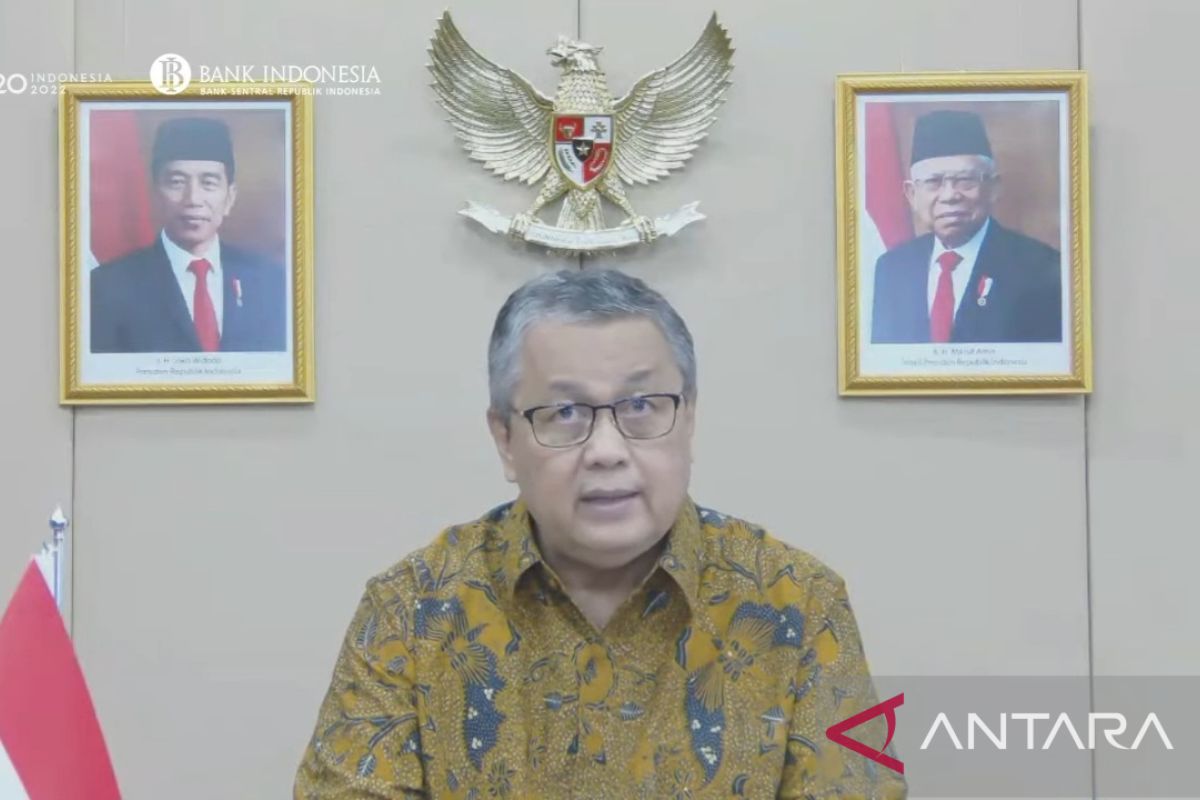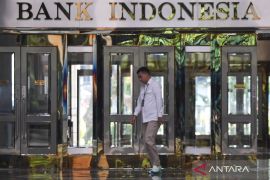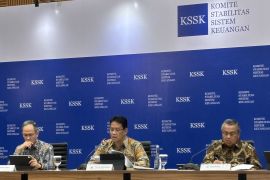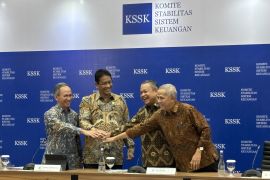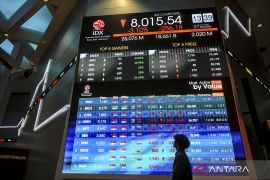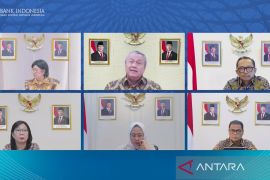This decision is relevant to the need to maintain the stability of the exchange rate, keep inflation under control, and boost economic growth in the midst of mounting external pressures.Jakarta (ANTARA) - Bank Indonesia's (BI) board of governors decided to keep the central bank's benchmark rate, the BI 7-Day Reverse Repo Rate (BI7DRR), unchanged at 3.5 percent during a meeting on February 9–10, 2022.
The central bank also maintained the deposit facility rate at 2.75 percent and the lending facility rate at 4.25 percent.
"This decision is relevant to the need to maintain the stability of the exchange rate, keep inflation under control, and boost economic growth in the midst of mounting external pressures," BI Governor Perry Warjiyo said at a press conference held to announce the outcome of the meeting of the board of governors here on Thursday.
Related news: Financial innovation, risk mitigation must go together: BI
BI will also continue to optimize the policy mix to maintain stability and support economic recovery by taking various steps, including strengthening the policy on the rupiah's exchange rate, he informed.
This way the stability of the rupiah's exchange rate can be maintained in accordance with the market mechanism and economic fundamentals, he added.
The policy mix also includes firmly normalizing the liquidity policy through the rupiah reserve requirement (GWM) and providing incentives to banks extending credit/financing to priority sectors and micro, small, and medium enterprises (MSMEs) and/or achieving the macro-prudential inclusive financing ratio (RPIM) target, Warjiyo said.
Related news: Number of BI-FAST participants up 22: central bank
The next step is strengthening the policy for a transparent basic lending rate (SBDK) by deepening the comparison of the prime lending rate spread with other countries in the region and raising the QRIS transaction limit to Rp10 million from Rp5 million per transaction starting March 1, 2022, to boost public consumption, he informed.
"We will also strengthen the use of local currency settlement (LCS) as a means of settling bilateral trade transactions and investment with main partner countries, especially in Asia," he added.
Related news: Omicron not expected to significantly affect economy: BI
Related news: BI optimistic of balanced global economic recovery
Translator: Agatha Olivia Vi, Suharto
Editor: Fardah Assegaf
Copyright © ANTARA 2022
